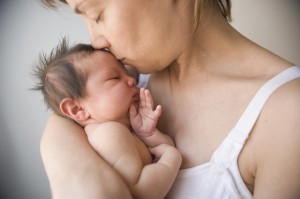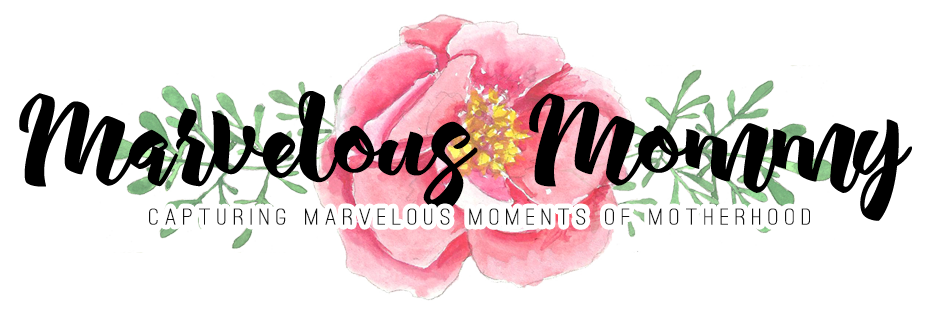With all this warm weather we’ve been having it’s hard to believe were still in RSV season! RSV occurs in epidemics each fall through spring in most of the US. All newborns are vulnerable during the first few months of life, but certain babies are at an increased risk —especially those born prematurely or with certain chronic conditions.
Almost every baby will contract RSV by age 2, but only 1/3 of moms say they’ve heard of the virus. Serious RSV infection is the leading cause of infant hospitalization, responsible for more than 125,000 hospitalizations and up to 500 infant deaths each year!

My cousin just gave birth to her first beautiful baby girl in March and I haven’t even seen her yet! We were all sick when she was born and we wanted to make sure our sickness was long gone before we visited.
A few tips to remember when a loved one has a new baby:
- Call before you visit. New parents need time to set up a routine and bond. By giving them time to do so before you visit, you are respecting the new family.
- Postpone a visit if you feel that you may be getting sick, have recently been ill or exposed to illness.
- Remember that parents know best. If you feel they are being overprotective or overly cautious, just consider that only they know what’s best for the health of their new son or daughter.
- Offer to do something to ease their responsibilities as they spend time as a family, such as laundry, cooking or dishes. Sleep-deprived moms and dads will appreciate your help!
 Wash your hands frequently—upon entering the home and especially prior to holding the baby. Parents, and the new baby, will appreciate it.
Wash your hands frequently—upon entering the home and especially prior to holding the baby. Parents, and the new baby, will appreciate it.- Leave toddlers at home, especially during the winter months. Young children, especially if they attend day care or preschool, often carry germs and viruses, like RSV, that are easily spread.
Sometimes it’s hard to explain to friends and family why you take certain precautions. I know there are plenty of people that may perceive these actions to be “extreme” or “paranoid” but I guarantee they’ve never had an infant in the hospital with a life-threatening illness!
My sister’s little boy contracted RSV when he was just 5 weeks old. (You can see a little bit of her story here.) We believe he caught it from a friendly visitor that brought food to the new mommy after recently having a small cold.
Symptoms of serious RSV infection include: persistent coughing or wheezing; rapid, difficult, or gasping breaths; blue color on the lips, mouth, or under the fingernails; high fever; extreme fatigue; and difficulty feeding. Parents should contact a medical professional immediately upon signs of these symptoms.
There is no treatment for RSV, so it’s important for parents to take preventive steps to help protect their child (e.g., wash hands, toys, bedding frequently; avoid crowds and cigarette smoke).
Visit RSVProtection.com to learn more about RSV and how you can help prevent it!
I wrote this post while participating in a blog tour by Mom Central Consulting on behalf of MedImmune and received promotional item to thank me for taking the time to participate.

My sister’s 2-month old just got RSV… luckily he’s doing ok. A little bit of caution goes a long way when it comes to your baby.
So true! Glad to hear he’s doing better!!